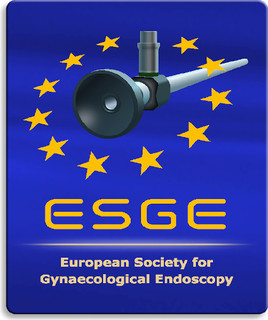Religious aspects of assisted reproduction
Assisted reproduction, Buddhism, Christianity, Hinduism, Islam, ICSI, IVF, Judaism, religion, religious aspects
Published online: Mar 31 2016
Abstract
Human response to new developments regarding birth, death, marriage and divorce is largely shaped by religious beliefs. When assisted reproduction was introduced into medical practice in the last quarter of the twentieth century, it was fiercely attacked by some religious groups and highly welcomed by others. Today, assisted reproduction is accepted in nearly all its forms by Judaism, Hinduism and Buddhism, although most Orthodox Jews refuse third party involvement. On the contrary assisted reproduction is totally unacceptable to Roman Catholicism, while Protestants, Anglicans, Coptic Christians and Sunni Muslims accept most of its forms, which do not involve gamete or embryo donation. Orthodox Christians are less strict than Catholic Christians but still refuse third party involvement. Interestingly, in contrast to Sunni Islam, Shi’a Islam accepts gamete donation and has made provisions to institutionalize it. Chinese culture is strongly influenced by Confucianism, which accepts all forms of assisted reproduction that do not involve third parties. Other communities follow the law of the land, which is usually dictated by the religious group(s) that make(s) the majority of that specific community. The debate will certainly continue as long as new developments arise in the ever-evolving field of assisted reproduction.

_small.jpg)

